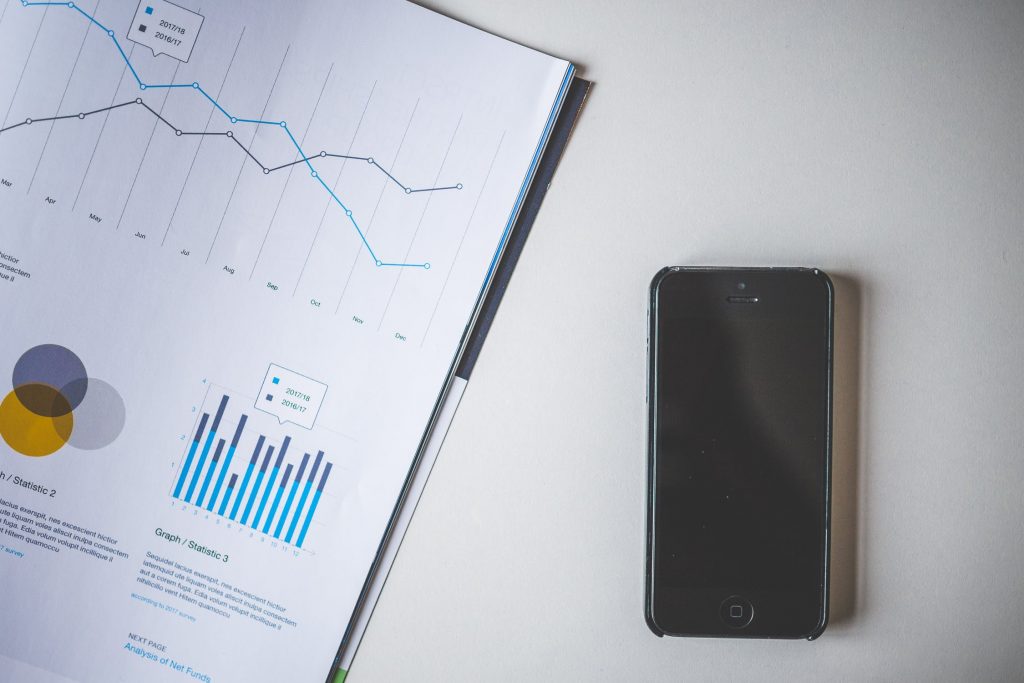Hopefully, this list is going to be of assistance and help you finally make the decision. Deciding on purchasing a home is a real “To be, or not to be” situation. As if it wasn’t enough for your own dilemmas, but everybody around you is certainly entitled to an opinion and bringing even more confusion into your decision-making process. The best way to go around this is writing everything down instead of keeping it inside your mind and continuing to torture yourself. Therefore, we have compiled a list of pros and cons regarding your homeownership.
The Pros
It’s quicker
You may be exceptionally good at saving, but sometimes it just won’t suffice. It can take quite a while before you can accumulate $180,000, for example. This can take even a few decades to happen, while in the meantime you’d still be living in rentals. The bad thing about renting is the fact that you can never be 100% sure when you will have to leave the place. If the landlord/landlady decides to sell, you have to start looking for a new home once again. Also, they can have someone more important to rent the house to.
You’re not wasting money
Renting a property is often observed as throwing your money away. Of course, independence has its price, but after a while, it’s only natural to start investing your money in something permanent, instead of wasting it on a temporary abode.
A better image
People are superficial beings, and by the time you reach a certain age, the public expects you to have obtained assets. One of them would be real estate.
Whether we like it or not, our address matters greatly to potential business partners. Your home reflects your success, and clients are prone to judge you and your abilities based on your property and the neighborhood you live in. Admittedly, certain locations inspire admiration and confidence.
The legacy
If you have a family, taking out a home loan can be seen as investing in your children’s future, too. Real estate is one of the few things in this world that you can count on to have value through decades. Naturally, the prices fluctuate on the market, but the certain value is always present.
Home equity
Buying a home can actually bring you money. In case you wish to remodel it after some time, you can always access equity.
This is the difference between what you owe to the lender and the value of your residence. Say your home is worth $200,000 and you owe $150,000 to the bank. The equity would be $50,000. You can borrow from it to cover college costs or home renovation projects. What is more, you’ll get lower interest rates for equity loan compared to credit card loans.
The cons
The risks of losing home
In case you aren’t able to pay off your mortgage on a regular basis, you can end up losing your home, so the whole investment and hard work will prove futile. According to some estimates, more Americans are losing their homes today than during the Great Depression.
Loan eligibility
In addition, not being able to pay off the mortgage will leave a great mark on your credit score, and it’s quite probable you won’t be able to apply for any kind of loan for some time in the future. In certain cases, that can mean years.
Interest rates can vary
Having a flexible interest rate can have its perks and disadvantages, just like their fixed counterparts. However, one thing is for sure: they are never negligible. For example, if you are borrowing $200,000 and taking a fixed-rate mortgage for a 30-year period, with an interest rate of 5%, you are actually indebted to paying $186,000 in interest only. This is enough to make anyone cringe.
Fortunately, there are a lot of lenders out there offering much lower interest rates. It just takes some proper research.
Life is what happens while…
15 to 30 years is a long time. In order to be completely at ease about the whole situation, there shouldn’t be any unpredictable expenses along the way. Obviously, this is impossible. We are witness to sudden situations which require spending money. Those can be medical expenses, car accidents, surprise weddings, a divorce, lucrative ventures that require investments, and so on.
In addition, who is it to say you are going to be doing your job for the next 30 years or so? Therefore, you can’t always count on a steady income either.
Loans with no interest
Perhaps it would be wise to wait for a while and then ask your parents or a close family member to help you out. This way, you will most probably have no interest, and more importantly, they won’t impose restrictions if you are a bit late with the monthly payment. Also, not having an official debt at the bank or a similar lender gives you a clear credit score.
Now that you have everything summed up, it’s up to you to weigh the pros and cons. Remember, everybody has different priorities and financial assets. Focus on what is the best for you and you only. Applying for a home loan is absolutely personal, so what works for someone else may not be of significance for you.



